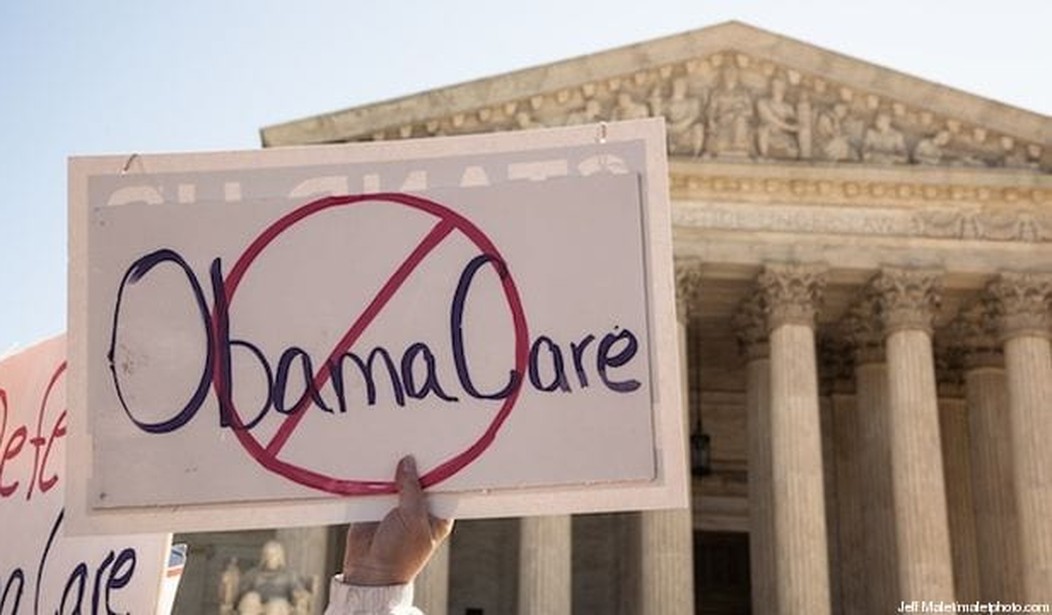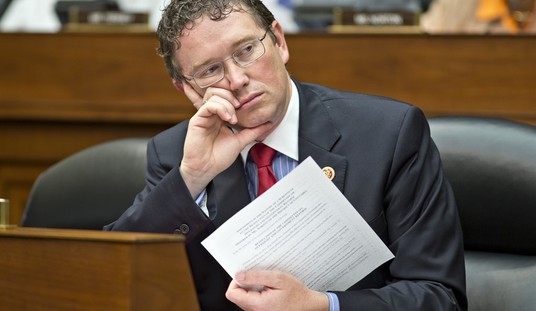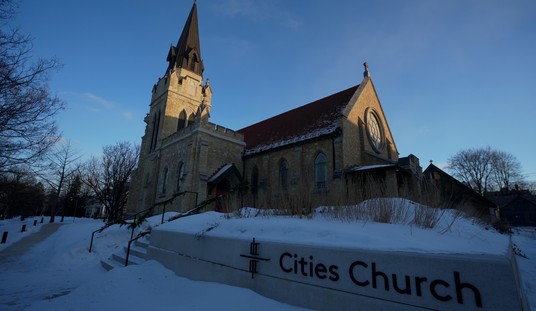Donald Trump’s election as president is due in no small part to the prominence of the Supreme Court in the campaign, following a spike in judicial activism this decade.
Doubts about Trump faded when Republicans and like-minded voters looked back at the High Court’s unmistakably activist decisions on ObamaCare and same-sex marriage, and considered the consequences of a Court dominated by Hillary Clinton appointees.
Progressives who cheered those decisions may want to reflect on the electoral consequences of an activist Court. Reports Politico:
Exit polls showed that Trump voters were motivated by the Supreme Court issue.
Voters who called High Court appointments the most important factor in their presidential choice constituted a full 21% of the electorate, and they voted overwhelmingly for Trump.
After he issued a highly praised list of potential Supreme Court nominees, conservatives critical of Trump consistently cited the Court as the best or only reason to vote for him. Republicans began to unify, and in the end, Trump got nearly 90% of their votes.
The increased focus on the Supreme Court in this election sprung, most immediately, from GOP senators’ determination to bypass Obama nominee Merrick Garland and to leave Justice Antonin Scalia’s seat open for the next president to fill. However, that explanation sidesteps the question of why the center-right grassroots — the traditional Republican base plus less-partisan Trump voters — was so energized about preventing a leftward shift on the Court.
That energy, which allowed Republican senators to hold firm on their Garland strategy then drove voters to the polls, is where the ObamaCare and gay marriage decisions come in.
Judicial activism — that is, decision-making not plausibly grounded in the common sense meaning of the constitutional or statutory text at issue, and aimed at achieving a particular result — dates back to at least the Supreme Court’s Dred Scott decision in 1857, which discovered in the Constitution a right to own slaves using reasoning similar to modern instances of activism, such as Roe v. Wade. Judicial activism and the politicization of the courts wrought by it has ebbed and flowed since Dred Scott, with its peaks thrusting the Supreme Court into political campaigns.
A well-known example of judicial activism’s effect on elections is the blowback from Roe. Overturning that decision, and abortion policy more generally, mushroomed into a divisive and defining issue that gave rise to the GOP’s emergence as the home of evangelicals and other social conservatives. This has profoundly impacted elections for more than thirty years.
After a spate of activist decisions by the Supreme Court in the 1950s, ‘60s, and ‘70s which advanced the progressive agenda on a host of issues — abortion, criminal justice, and bussing, for examples — and angered conservatives, the pendulum swung back a bit during the presidencies of Ronald Reagan and the two Bushes. Many conservatives hoped that the worst of judicial activism was behind them.
That hope came crashing down beginning in 2012. The resentment of the center-right grassroots about judicial activism erupted anew that year. Chief Justice Roberts and his four liberal colleagues saved ObamaCare using a contrived rationale that said the individual mandate was really a tax, contrary to both common sense and the Obama Administration’s own reading of the statute.
Just three years later, the Court saved ObamaCare again by overriding the plain meaning of the statutory text, and concluding that provisions explicitly limited to “state” exchanges applied to federal exchanges as well.
One day later, in an exercise of unbridled judicial activism rivaled only by the likes of Roe and Dred Scott, the Court invented a constitutional right to same-sex marriage.
The emotional impact of the gay marriage ruling and the ObamaCare decisions extended far beyond the world of lawyers and political activists. It permeated the public consciousness more deeply than many of the Court’s other high-profile decisions involving somewhat arcane matters, such as the rights of enemy combatants, independent campaign expenditures, preclearance under the Voting Rights Act, and workplace discrimination claims. Millions of ordinary Americans cheered the three decisions, while millions of others — including many who would later vote for Trump — decried the Court’s naked activism.
At the deepest level, the realignment of blue-collar voters that enabled Trump’s victory was engendered by their resentment of an elite class that looks down upon those who do not share its values. The gay marriage decision in particular reinforced that resentment, when the Supreme Court declared that the traditional definition of marriage — a definition favored by half of the nation, but few of the elite — was irrational bigotry.
With this presidential election coming on the heels of last year’s back-to-back ObamaCare and marriage decisions, the stage was set for the Supreme Court issue to play an outsized role in the election’s outcome.
Reminding voters that they are living under the rule of judges rather the rule of law motivated them to go to the polls, so they could have a say over which judges will rule them. Scalia’s death only heightened the stakes, and the success of the Senate’s just-say-no response to filling the resulting vacancy confirmed the depth of feeling about an activist Court among center-right voters.
Donald Trump’s anti-establishment campaign was perfectly timed and perfectly aligned with the center-right’s conviction that the elite were using judicial activism to impose their values on the average American.
Judicial activism may seem like a free lunch to liberals, providing leftward progress without a need to compromise with the folks in flyover country. However, progressives paid a price for that lunch at the polls this month.
Perhaps that price will open their eyes about the electoral perils of a politicized Court and dampen their enthusiasm for judicial activism. But I’m not holding my breath.
Curt Levey (@Curt_Levey), a constitutional law attorney with FreedomWorks and the Committee for Justice, has been involved in several Supreme Court confirmation battles.









Join the conversation as a VIP Member